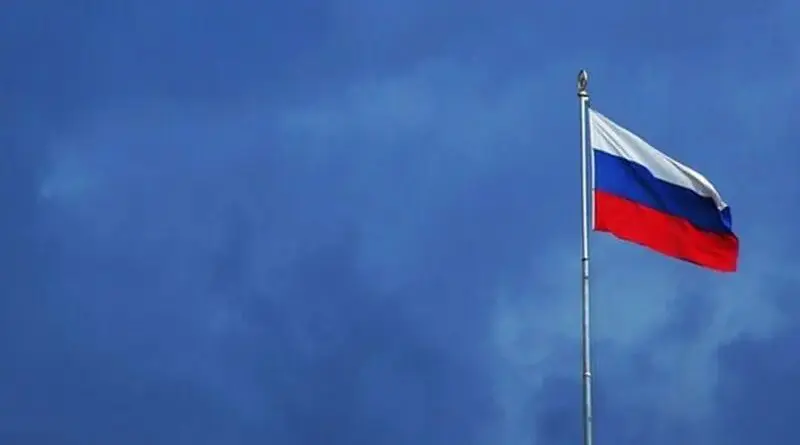Illegal Globalization Is Russia’s Main ‘Ally’ Against The West – OpEd
On February 24, 2023, it will be a year since Russia invaded the territory of independent Ukraine and kicked off a full-scale war. At the outbreak of the war, the West’s first response was to announce economic sanctions on Russia. This can be interpreted as the beginning of a Cold War, introduced by the West against Russia – which is waging a Hot War against Ukraine.
Unfortunately, despite the best efforts of the West, these economic sanctions have failed to be as effective as expected, an unsurprising result if we take into account the fact that not all countries (for example, China, India, Israel, Turkey) have joined these sanctions, and those countries (this primarily includes the EU countries) that did impose these sanctions have left so called “holes” for the continuation of trade and economic relations with Russia.
As part of the West’s Cold War on Russia, the latter seeks to use a plethora of tools to complicate the economic situation globally. This confrontation between Russia and the West has manifested itself most clearly in the “Oil War” and the “Food War”.
At the same time, it must be emphasized that Western companies themselves seem to be trying to circumvent the economic sanctions imposed by the West on Russia. For example, 49 percent of the oil in the “Latvian blend” is Russian. It is under the guise of “Latvian blend,” as an oil cocktail, that Russian oil enters the world markets, including the US market. In addition to this fact, Russian oil was also supplied to the UK, despite being registered as an import from Germany, the Netherlands and Belgium.
The problem of Western companies conducting illegal activities in relation to Russia concerns not only the sphere of oil supplies to the West in circumvention of economic sanctions: Yale University researchers have been tracking the behavior of companies from those countries that imposed economic sanctions on Russia, and have found that more than 550 international companies, including American and European ones, still do business in Russia to one degree or another.
Unfortunately, then, despite the apparent mass exodus of Western companies from Russia, Western trade relations with Russia actually remain at the level of the pre-war period. In other words, Western companies continue to prioritize profits over following the economic sanctions on Russia.
Against the undesirable background of Western companies circumventing the economic sanctions, the fact that Russia’s military power in the war with Ukraine is also increasingly bypassing Western economic sanctions is much more acutely perceived. In particular, the Iranian drones supplied by Tehran to Moscow are equipped with US and Western components. Despite the fact that Iran is under US sanctions, 82 percent of the components that make up the Iranian drones being used by Russia in the war with Ukraine are produced by US-based companies.
Logically, questions arise as to how Western companies manage to resell Russian oil or continue economic activity in the Russian market in circumvention of their own countries’ economic sanctions. We can also ask how 82 percent of the components produced in the United States are found in the composition of Iranian drones, as a result bypassing US sanctions against Iran.
The answers to these questions are identical, since the possibilities for violating the economic sanctions lie in globalization itself, or rather in illegal globalization.
Whether we want to admit it or not, some types of illegal business (for example, drug production and trade) are global in nature, and regardless of the fact that national governments and international institutions (for example, Interpol) have opposed such business for many years, they continue to exist. It is illegal globalization that confirms the nature of the irreversibility of globalization as such, and everything that prevents it does not lead to deglobalization, but to pseudo-deglobalization.
Thus, in the West’s confrontation with Russia, the latter’s main “ally” is illegal globalization, which allows interested companies to circumvent the restrictions imposed by the West’s economic sanctions on Russia.
Consequently, the main challenge for the West as it tries to weaken Russia is to strengthen global control over the implementation of its economic sanctions, and, above all, of those companies located in countries that officially adhere to these sanctions.

